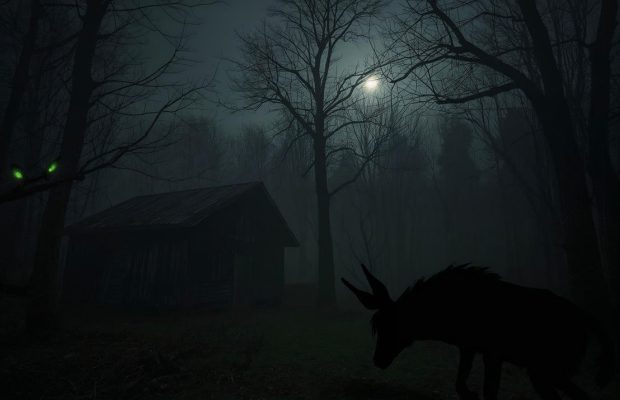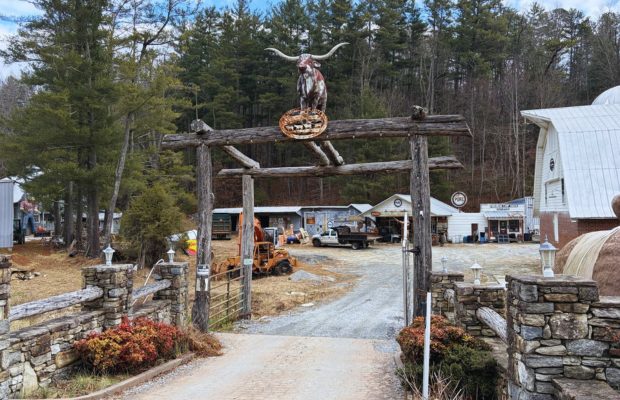EDITOR’S NOTE: Strangeville explores the curious and unexplained stories that have long defined Asheville and Western North Carolina. The region is full of unanswered questions, from old folklore and local legends to eerie encounters, unsolved moments in history, and the true-crime mysteries that still leave people wondering. Each week, we look back with an open mind and a sense of curiosity, trying to understand why some stories take hold and why some can never be explained.
WILKES COUNTY, N.C. — Long before his name was made famous in a folk song, Tom Dula had already become a legend in the foothills of North Carolina. His story was tangled in love, betrayal, and death. What followed became one of the South’s most enduring murder ballads and ghost stories.
Tom Dula grew up in Wilkes County, a handsome young man known for his fiddle playing and charm. Before he left to serve in the Confederate Army in 1862, he was romantically involved with a woman named Ann Melton. After the war, he returned home and resumed his relationship with Ann, who was now married. Dula also began courting Ann’s cousin, Laura Foster.
What started as a secret love triangle quickly turned to tragedy.
In May 1866, Laura Foster left her home on horseback and never returned. Her body was discovered days later in a shallow grave on a remote hillside. She had been stabbed in the chest.
Suspicion fell on the last person seen with Laura, Tom Dula. Some believed they planned to elope. Others suspected he discovered she had been involved with another man. Dula fled to Tennessee but was tracked down and brought back to North Carolina.
The trial that followed drew national attention. Dula was defended by Zebulon Vance, the former governor of North Carolina, who argued that the case was built on rumor and jealousy. During the proceedings, Ann Melton was also arrested and briefly charged, though she was released for lack of evidence. Some believed she was the real killer.
Dula was found guilty, sentenced to hang and was executed in Statesville in 1868. According to legend, he declared his innocence from the gallows, insisting he never harmed Laura Foster.
The case might have faded into history if not for the ballad it inspired. “Tom Dooley,” a mountain folk song, spread throughout the region and eventually reached national audiences. In 1958, the Kingston Trio recorded a version that climbed the charts and brought new attention to the old murder.
“Hang down your head, Tom Dooley,
Hang down your head and cry.
You killed poor Laura Foster,
You know you’re bound to die.”
The song gave new life to the legend. Historians revisited the case. Writers questioned the conviction. In Wilkes County, the story never really went away.
Locals still talk about the ghost of Laura Foster, said to walk near the place where she was killed. Some claim she appears on misty evenings, dressed in a long skirt, silent and barefoot. A few say she wanders the path where she last rode on horseback. Others believe Tom Dula’s ghost walks too, pacing along the same stretch of road he once traveled to his death.
The truth of who killed Laura Foster remains uncertain. The courts made their judgment more than a century ago but locals never stopped whispering about what might have happened. In the end, justice may have been served or sidestepped. The answer still depends on who you ask.
What is certain is that the story of Tom Dula continues to echo through the foothills – in song, in silence, and in shadow.






